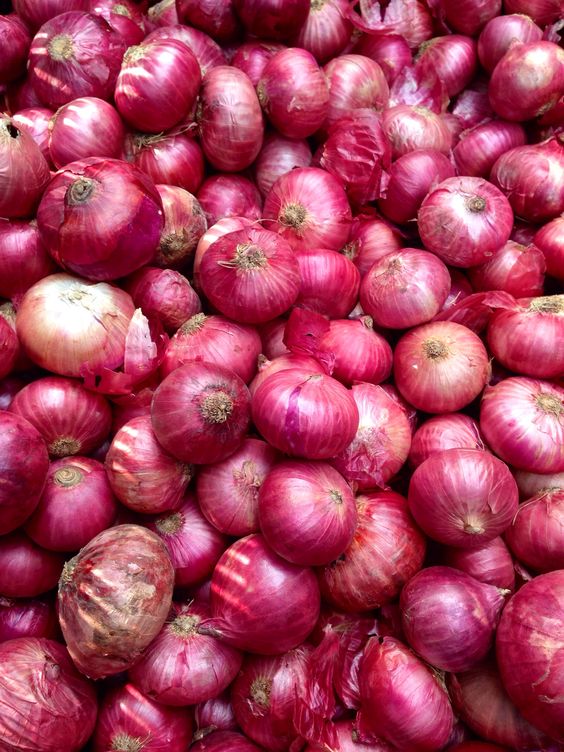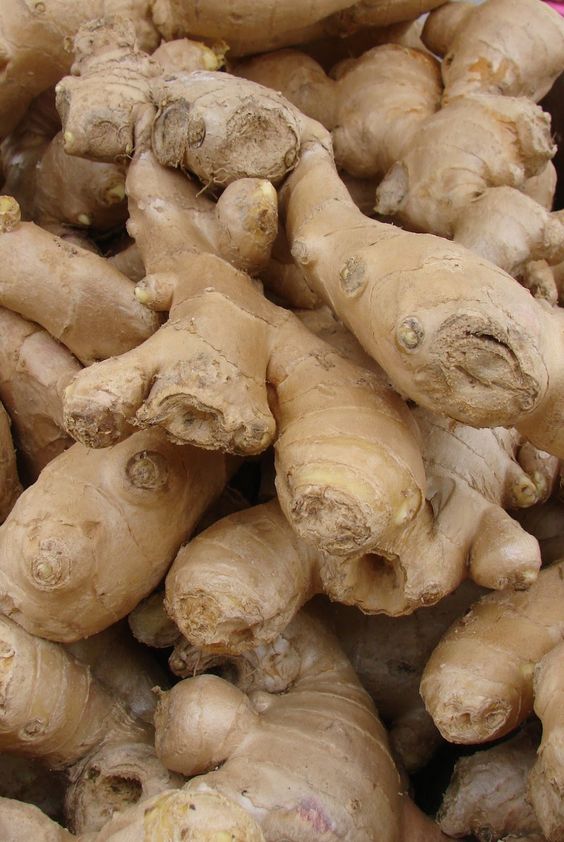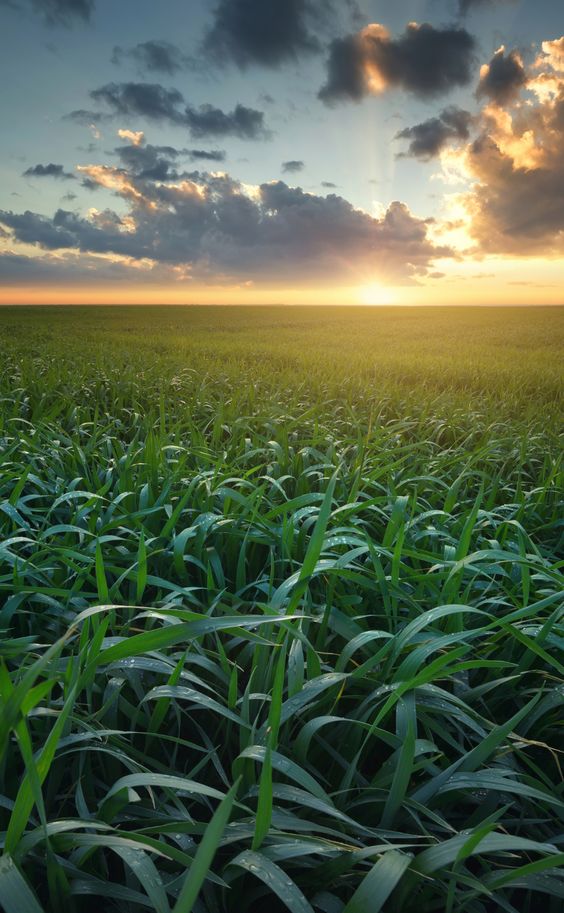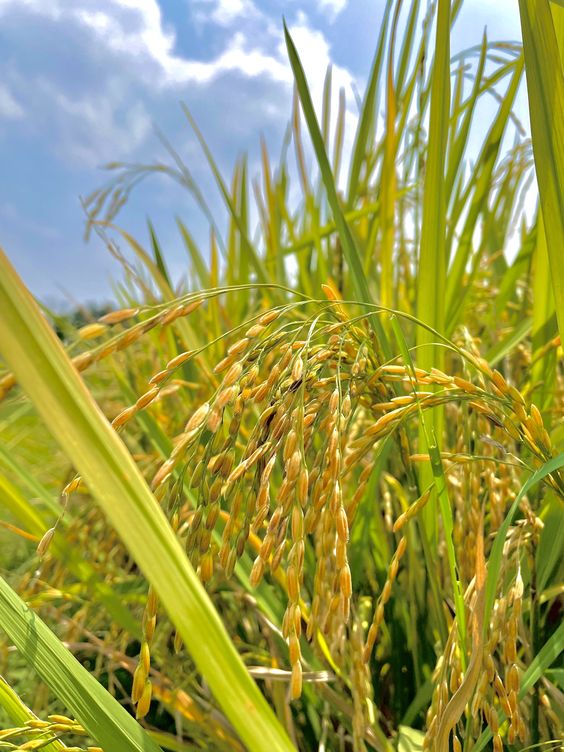Small Scale Onion Farming: Embracing Smart Agriculture for Enhanced Productivity
Small Scale Onion Farming,In recent years, agriculture has experienced a paradigm shift with the advent of technology, paving the way for Smart Agriculture. Small-scale onion farming, an essential agricultural activity, stands to benefit immensely from these technological advancements. Smart Agriculture integrates innovative solutions such as IoT (Internet of Things), precision farming, data analytics, and automated systems to optimize farming practices, enhance productivity, and promote sustainability. This article delves into the application of Smart Agriculture in small-scale onion farming, highlighting its benefits, objectives, and advantages.
Contents
- 1 Smart Agriculture: An Overview
- 2 Application of Smart Agriculture in Onion Farming
- 3 Benefits of Smart Agriculture in Onion Farming
- 4 Objectives of Implementing Smart Agriculture in Onion Farming
- 5 Explanation of Key Smart Agriculture Technologies
- 6 Usefulness and Advantages of Small Scale Onion Farming
- 7 Advantages of Small Scale Onion Farming
Smart Agriculture: An Overview
Small Scale Onion Farming Smart Agriculture, also known as precision agriculture or digital farming, leverages technology to monitor and manage agricultural processes. It encompasses a range of technologies, including:
- IoT Devices: Sensors and devices that collect data on soil moisture, temperature, humidity, and other environmental factors.
- Precision Farming: Techniques that ensure accurate application of inputs like water, fertilizers, and pesticides.
- Data Analytics: Tools that analyze collected data to provide actionable insights for decision-making.
- Automated Systems: Machinery and equipment that perform tasks with minimal human intervention.
- Drones and Satellites: Aerial devices that offer real-time monitoring and imaging of crops.
Application of Smart Agriculture in Onion Farming
1. Soil Monitoring and Management
Smart Agriculture employs IoT sensors to monitor soil conditions continuously. These sensors measure soil moisture, pH levels, temperature, and nutrient content. For onion farming, maintaining optimal soil conditions is crucial for bulb development. The data collected by sensors allows farmers to:
- Adjust irrigation schedules to prevent waterlogging or drought stress.
- Apply fertilizers based on soil nutrient levels, ensuring balanced nutrition.
- Modify soil pH through lime or sulfur application, promoting healthy root growth.
2. Precision Irrigation
Onions require precise irrigation to thrive. Over-irrigation can lead to diseases like white rot, while under-irrigation can stunt growth. Smart Agriculture utilizes precision irrigation systems that:
- Use drip or sprinkler irrigation to deliver water directly to the root zone.
- Automate irrigation schedules based on real-time soil moisture data.
- Reduce water wastage by ensuring efficient water use.
3. Pest and Disease Management
Small Scale Onion Farming,Onion crops are susceptible to pests such as thrips and diseases like downy mildew. Smart Agriculture integrates pest and disease management through:
- IoT sensors and cameras that detect early signs of pest infestation or disease.
- Data analytics to predict pest outbreaks and recommend timely interventions.
- Automated sprayers that apply pesticides precisely, minimizing chemical use.
4. Climate Control and Monitoring
Small Scale Onion Farming,Climate factors like temperature, humidity, and light intensity significantly impact onion farming. Smart Agriculture solutions include:
- Climate sensors that monitor environmental conditions in real-time.
- Automated shading or ventilation systems to maintain optimal growing conditions.
- Data-driven climate models that help farmers anticipate and mitigate adverse weather events.
Benefits of Smart Agriculture in Onion Farming
1. Enhanced Productivity
Small Scale Onion Farming Smart Agriculture technologies optimize farming practices, leading to higher yields and improved crop quality. Precision farming ensures that onions receive the right amount of water, nutrients, and protection, maximizing their growth potential.
2. Cost Efficiency
Small Scale Onion Farming,Automation and data-driven decision-making reduce labor costs and minimize resource wastage. By applying inputs like water and fertilizers precisely, farmers can lower operational expenses and increase profitability.
3. Sustainability
Small Scale Onion Farming Smart Agriculture promotes sustainable farming by minimizing environmental impact. Precision irrigation reduces water usage, while targeted pesticide application lowers chemical runoff. Additionally, data analytics help in adopting eco-friendly practices that enhance soil health and biodiversity.
4. Risk Management
Real-time monitoring and predictive analytics enable farmers to anticipate and address potential issues before they escalate. Early detection of pests, diseases, or adverse weather conditions allows for timely interventions, reducing crop loss and ensuring a stable supply.
Objectives of Implementing Smart Agriculture in Onion Farming
- Increase Yield and Quality: Achieve higher onion yields with consistent quality through optimized farming practices.
- Reduce Resource Use: Minimize water, fertilizer, and pesticide use by applying them precisely where and when needed.
- Enhance Profitability: Lower production costs and increase marketable output to improve financial returns.
- Promote Sustainability: Adopt environmentally friendly practices that protect natural resources and ensure long-term agricultural viability.
- Improve Risk Management: Implement predictive tools to anticipate and mitigate risks associated with pests, diseases, and climate variability.
Explanation of Key Smart Agriculture Technologies
IoT Sensors
IoT sensors are the backbone of Smart Agriculture, providing real-time data on various environmental parameters. In onion farming, these sensors can be placed in the soil to monitor moisture levels, temperature, and nutrient content. The data collected is transmitted to a central system where it is analyzed to inform irrigation and fertilization decisions.
Precision Irrigation Systems
Small Scale Onion Farming,Precision irrigation systems, such as drip or sprinkler systems, deliver water directly to the onion roots. These systems are often automated and can be controlled remotely based on real-time soil moisture data. This ensures that onions receive the exact amount of water they need, reducing waste and preventing water-related diseases.
Data Analytics Platforms
Data analytics platforms aggregate and analyze data from various sources, including IoT sensors, weather forecasts, and historical crop performance. These platforms provide actionable insights, helping farmers make informed decisions about planting, irrigation, fertilization, and pest control. Predictive analytics can also forecast potential issues, allowing for proactive management.
Automated Machinery
Automated machinery, such as planting and harvesting equipment, reduces labor costs and increases efficiency. These machines can be programmed to perform tasks with high precision, ensuring uniform planting depth and spacing, which are critical for optimal onion growth.
Drones and Satellite Imaging
Drones and satellites provide aerial imagery that helps monitor crop health and identify issues such as pest infestations, nutrient deficiencies, or water stress. These images are analyzed to create detailed maps that guide targeted interventions, ensuring that only affected areas receive treatment.
Usefulness and Advantages of Small Scale Onion Farming
Increased Efficiency
Small Scale Onion Farming Smart Agriculture streamlines farming operations, making them more efficient. Automated systems handle repetitive tasks, freeing up farmers to focus on more strategic activities. This leads to better resource management and higher productivity.
Improved Decision-Making
Data-driven insights enable farmers to make informed decisions. With access to real-time data and predictive analytics, farmers can optimize planting schedules, irrigation, and fertilization, resulting in better crop outcomes.
Greater Yield and Quality
Small Scale Onion Farming By optimizing every aspect of the farming process, Smart Agriculture helps achieve higher yields and better-quality onions. Precision farming ensures that onions receive the right nutrients and water, leading to uniform growth and improved marketability.
Environmental Benefits
Small Scale Onion Farming Smart Agriculture practices are environmentally friendly. Precision irrigation reduces water usage, while targeted pesticide application minimizes chemical runoff. These practices help conserve natural resources and promote biodiversity.
Risk Reduction
Real-time monitoring and predictive analytics help identify and mitigate risks early. Farmers can detect pest infestations, diseases, or adverse weather conditions before they cause significant damage, ensuring a stable and reliable supply of onions.
Advantages of Small Scale Onion Farming
Affordability
Advancements in technology have made Smart Agriculture solutions more affordable and accessible to small-scale farmers. Low-cost sensors, open-source software, and affordable automation systems enable small-scale farmers to implement precision farming practices without significant financial burden.
Scalability
Small Scale Onion Farming Smart Agriculture solutions are scalable, allowing small-scale farmers to start with basic technologies and gradually expand as their operations grow. This scalability ensures that farmers can adopt new technologies at their own pace, based on their needs and resources.
Knowledge Empowerment
Smart Agriculture provides small-scale farmers with valuable knowledge and insights. Through data analytics and predictive tools, farmers gain a deeper understanding of their crops and farming practices, empowering them to make better decisions and improve their livelihoods.
Small Scale Onion Farming,The integration of Smart Agriculture into small-scale onion farming presents a transformative opportunity for farmers. By leveraging IoT devices, precision farming techniques, data analytics, and automated systems, farmers can enhance productivity, reduce costs, and promote sustainability. Smart Agriculture not only increases the efficiency and profitability of onion farming but also empowers farmers with knowledge and tools to manage risks and make informed decisions. As technology continues to evolve, the adoption of Smart Agriculture practices will play a crucial role in shaping the future of small-scale farming, ensuring food security, and fostering sustainable agricultural practices.




